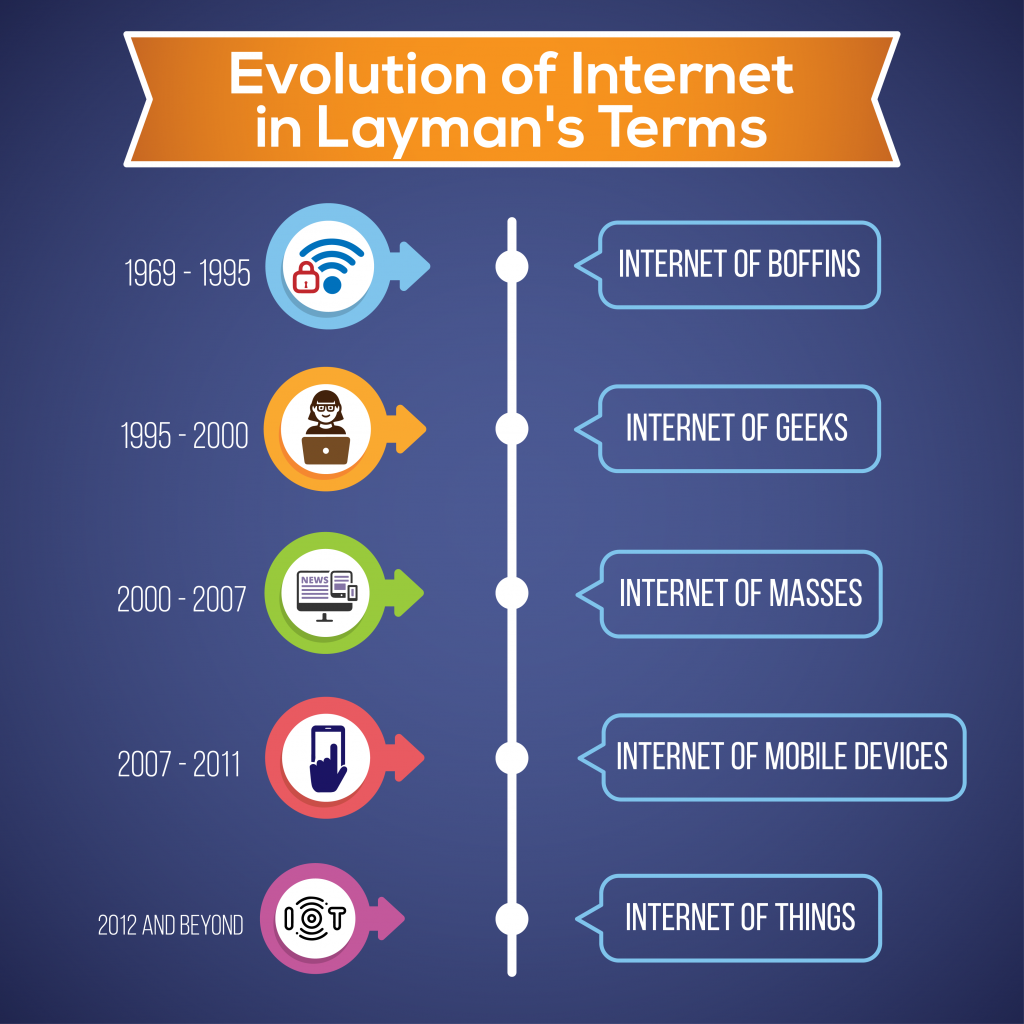When appliances got smarter, they no longer remained tangible. Ladies and gentlemen, we are entering into an era in which we will expect physical goods to take decisions on their own. Internet of things is not just going to be a pool of connected devices but a system of self-operating, intelligent servers that are a hybrid of products and services. However, this presents a serious dilemma for product designers who have to optimize functionality without damaging the aesthetics.
Suddenly I find Einstein’s quote very relevant in this context.
Once you can accept the universe as matter expanding into nothing, that is something, wearing stripes with plaid comes easy.
Albert Einstein
Indeed the champ was ahead of his time. Although it was meant as a joke and the former is a bigger point to prove the latter, but in this case it literally makes sense.
The bigger question is how will that affect the product design industry and the emerging brands in general. While this is the topic of discussion that I am willing to initiate, I have some ground facts that will present a clear picture.
First of all, we have witnessed the evolution of the internet from the age of boffins and we are primed to set foot into the age of IoT. This is how the internet has evolved in a layman’s terms.

Currently, most emerging brands are trying to cope up with the pace and if they are lagging behind a few years then its not totally their fault. Technology advancements in the past two decades certainly outweigh those in the last century(proven). So while the emerging brands are struggling to optimize the user experience by going responsive on mobile devices, the big brands have taken a leap forward and embraced IoT.
Naturally, the established brands have the first mover advantage, but there is a diverse set of hidden pros for emerging brands. Again, I find Newton very relevant here.
If I have seen further than others, it is by standing upon the shoulders of giants.
While established brands improvise their product designs, they will be leaving a clear path in their wake. With the application of the Internet of Things by certain brands, our lives have transformed in ways we can’t imagine:
In the name of aesthetics, various products have lacked functionality. However, with the achievement of connectivity between products, task automation will get convenient as a result of product design simplification.
Consumers are progressively enjoying more power over products than was ever previously possible. For example, you can lock your garage door, if you forgot to do it when leaving while sitting in your office using your smartphone.
Consumer behavior is about to witness an unbelievable shift after internet of things gets mainstream. Connectivity of products will increase the reliance of an average user on electronic devices. After this revolution, more people will use their mobile to switch off the garage door from a distance or turn off appliances when they are not around them.
Fancy designs that lack functionality are no longer considered for interior and exterior spaces. One of the changed behavior is the choice of optimized product display. Luckily, some of the brands have already paid attention to this overlooked detail. The products are now designed to fit the connectivity offered in the age of internet of things.